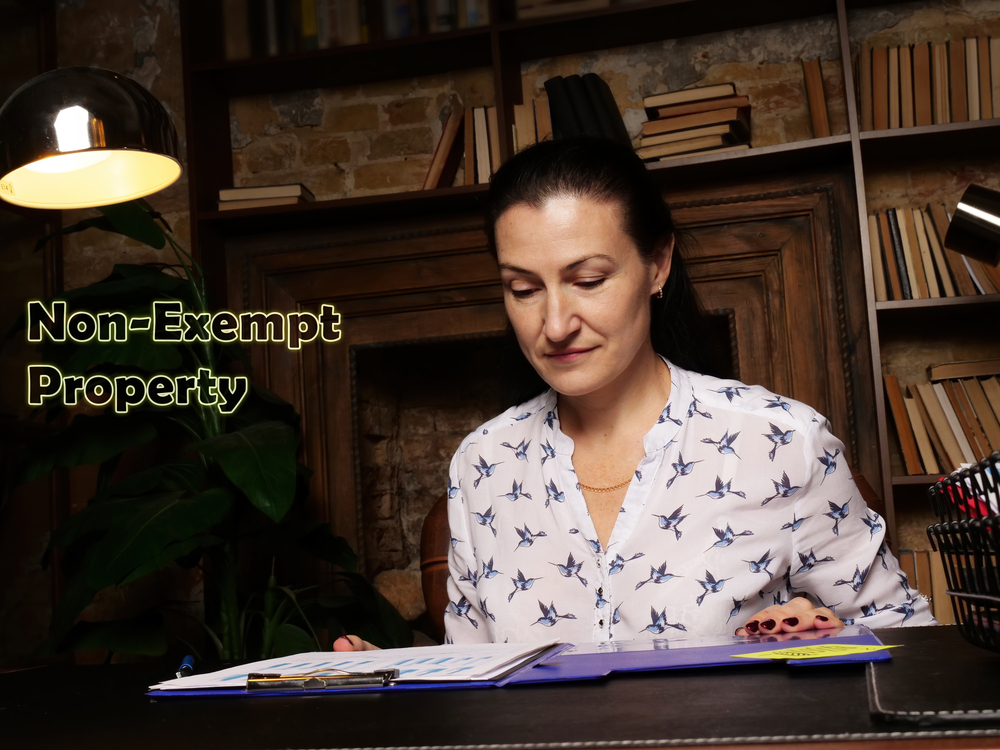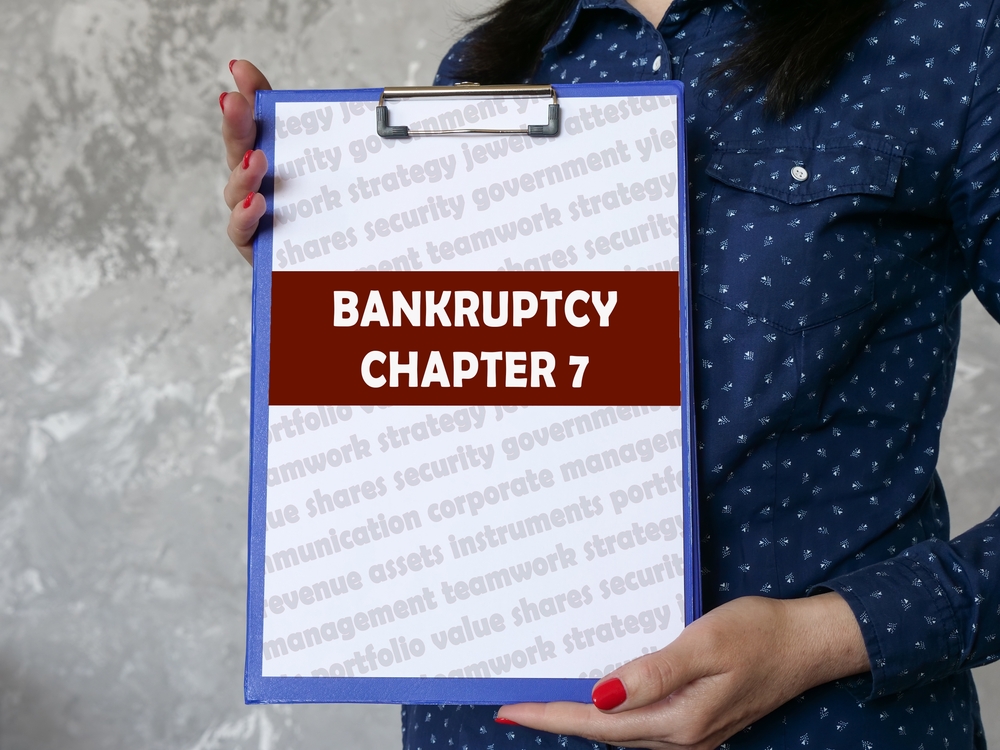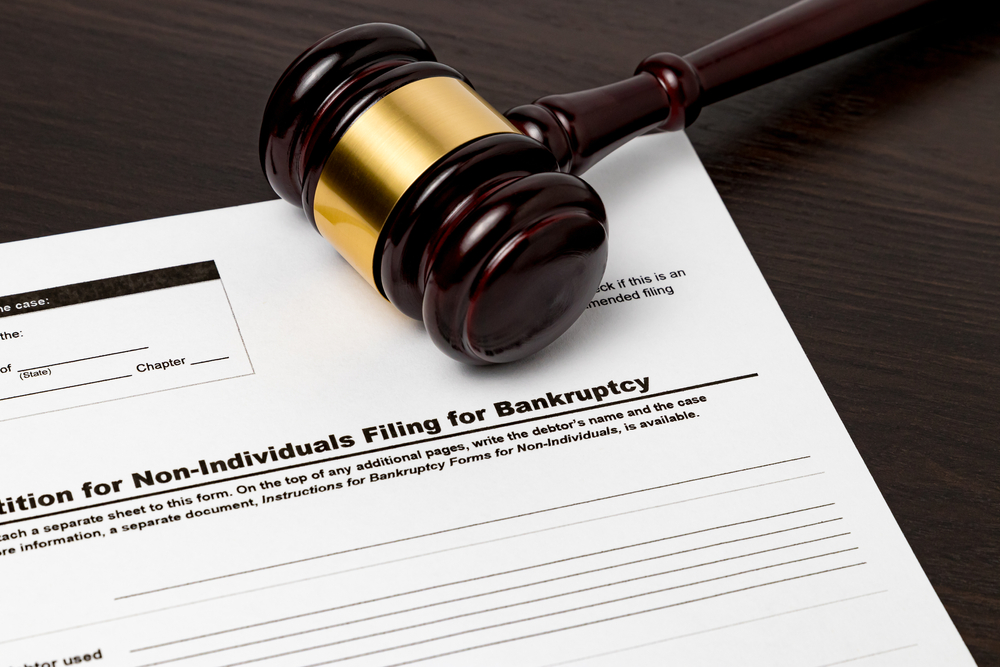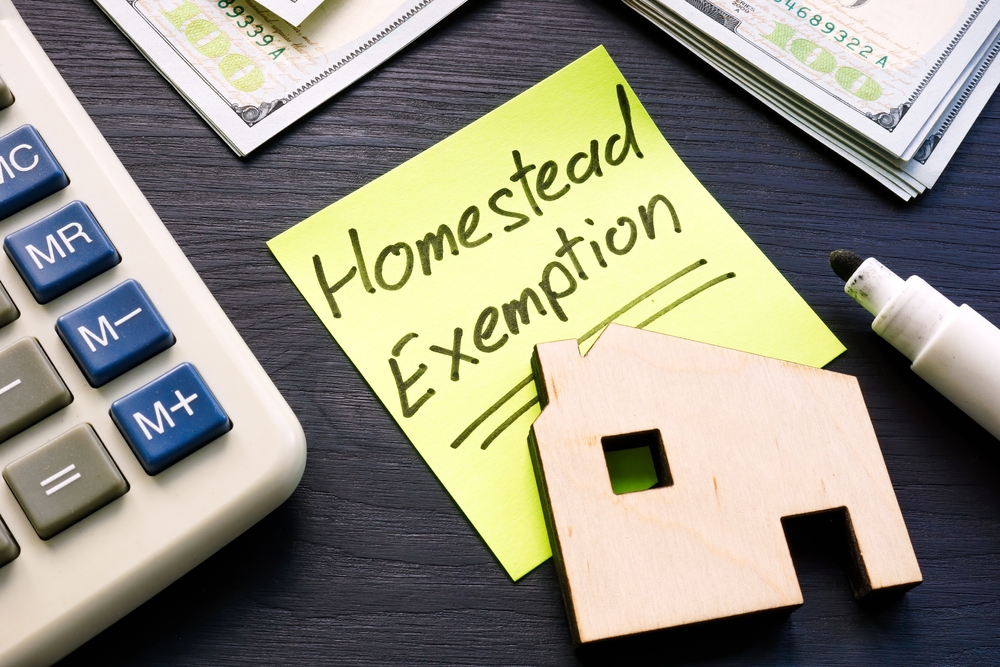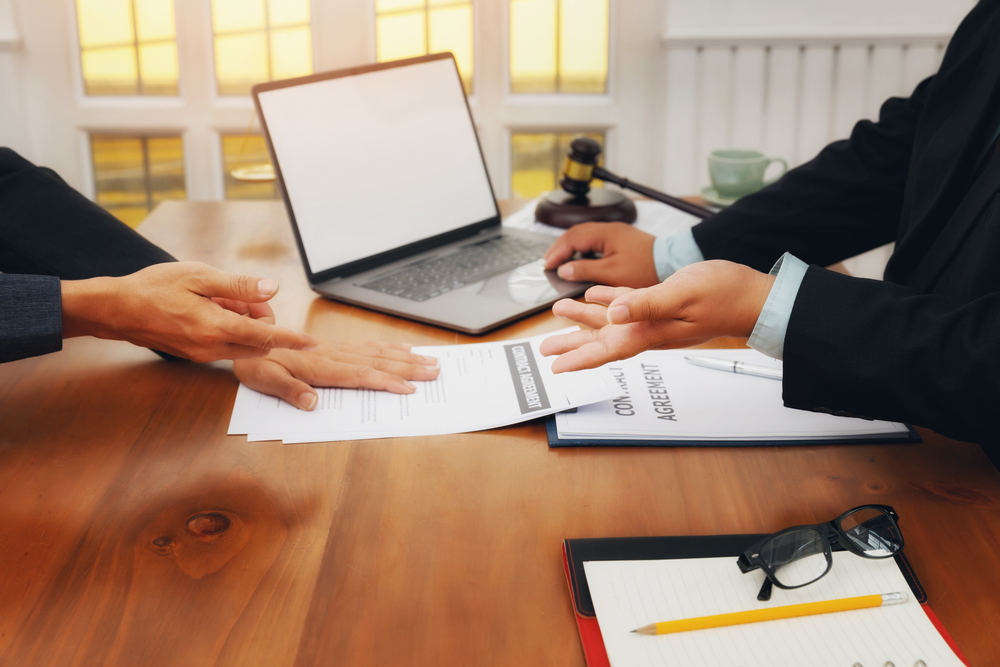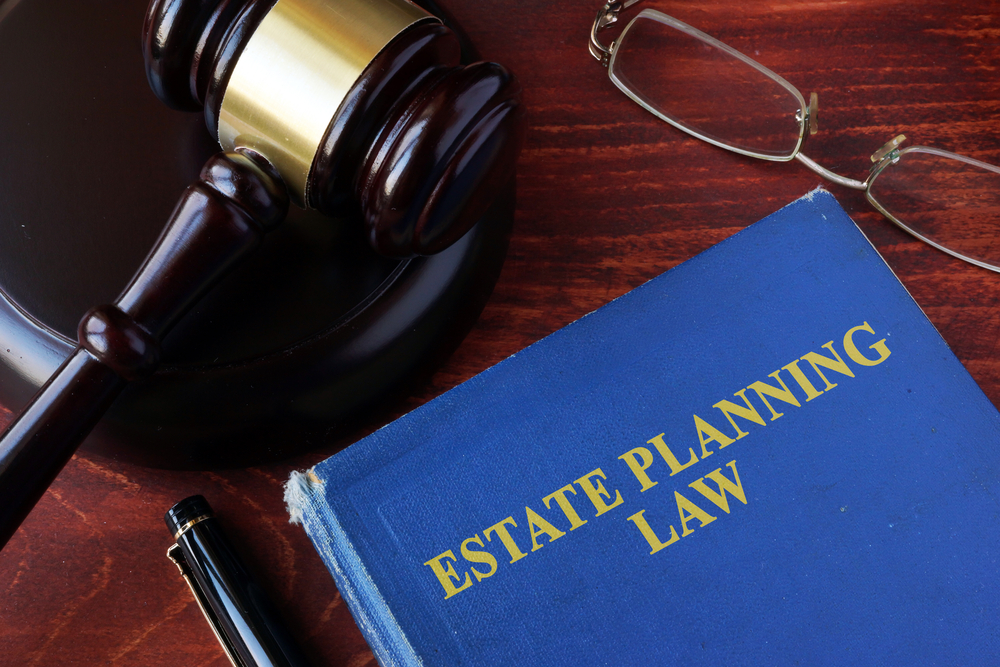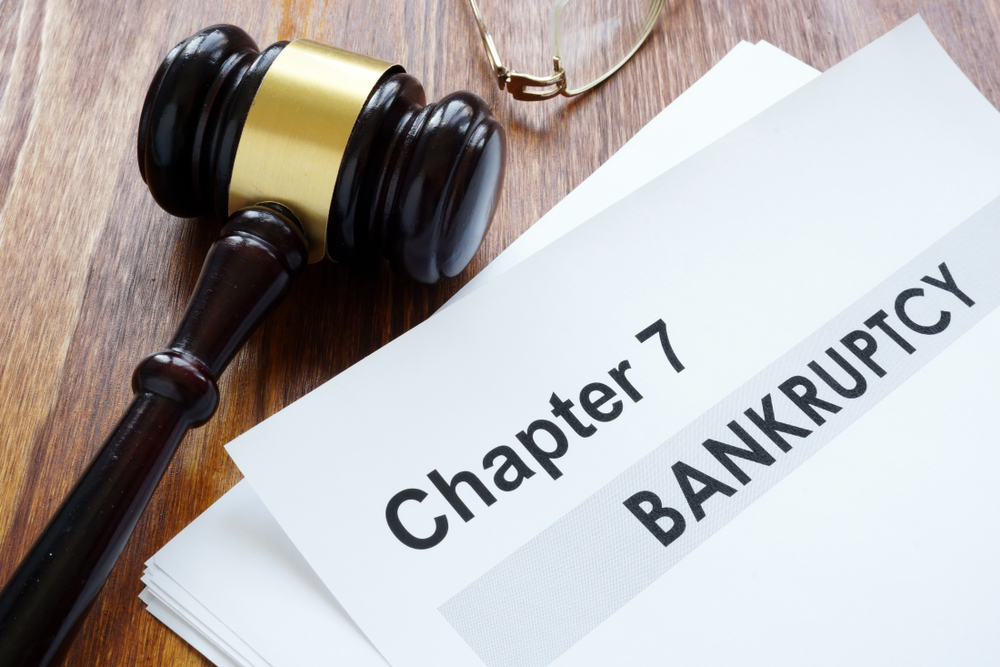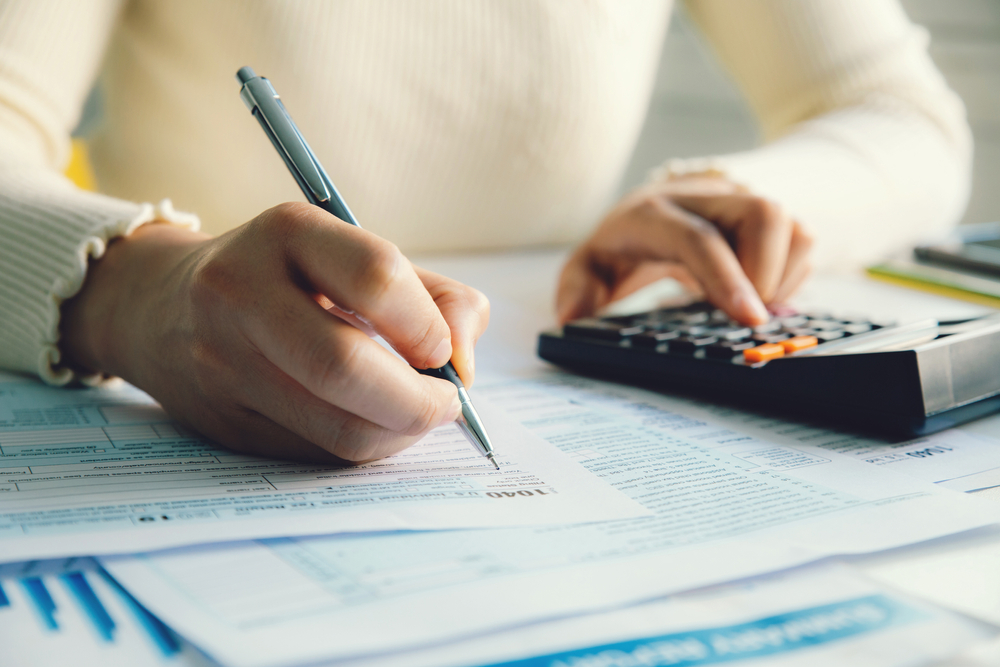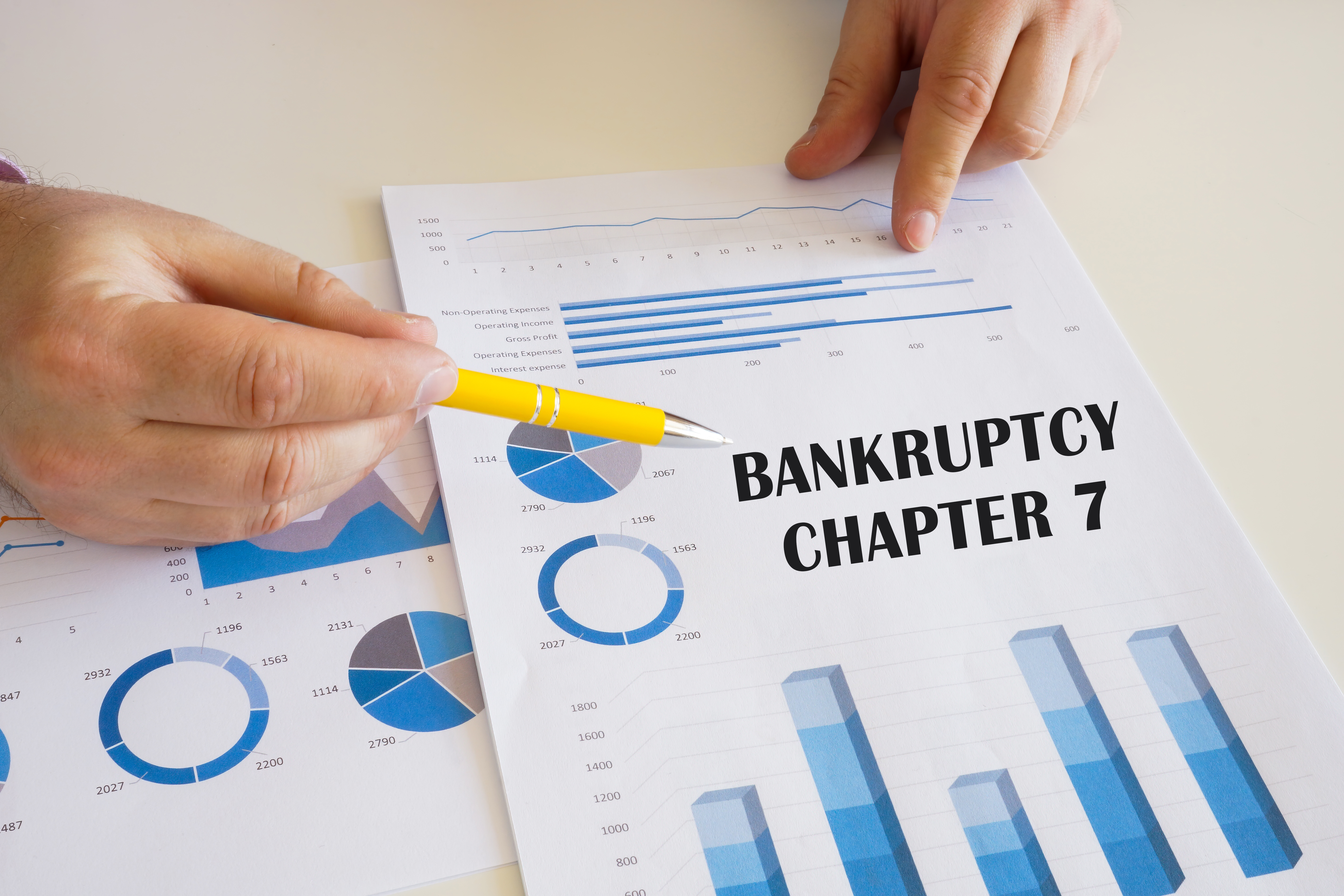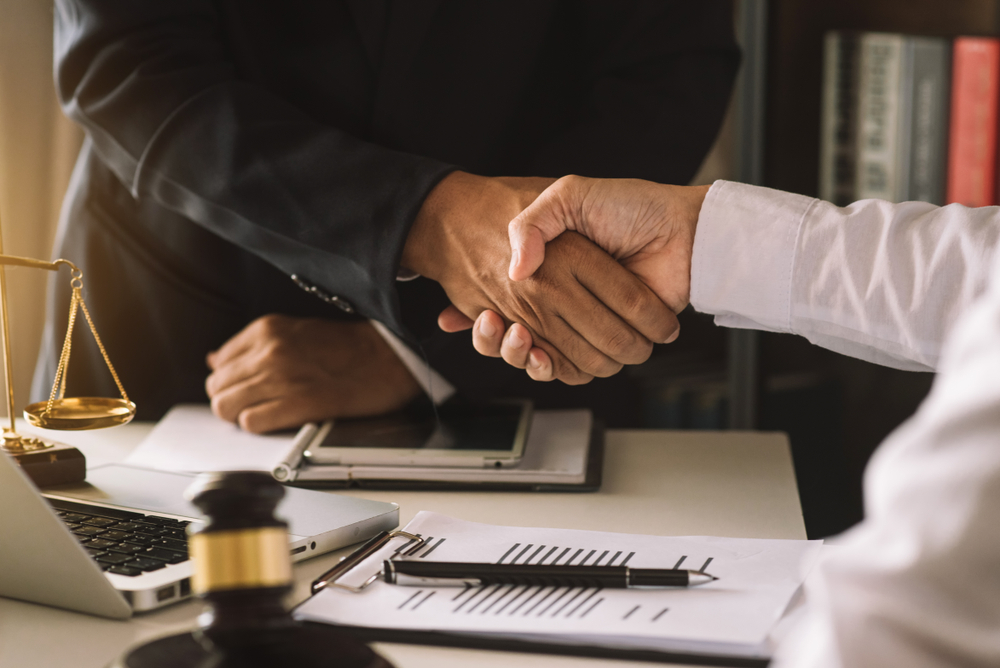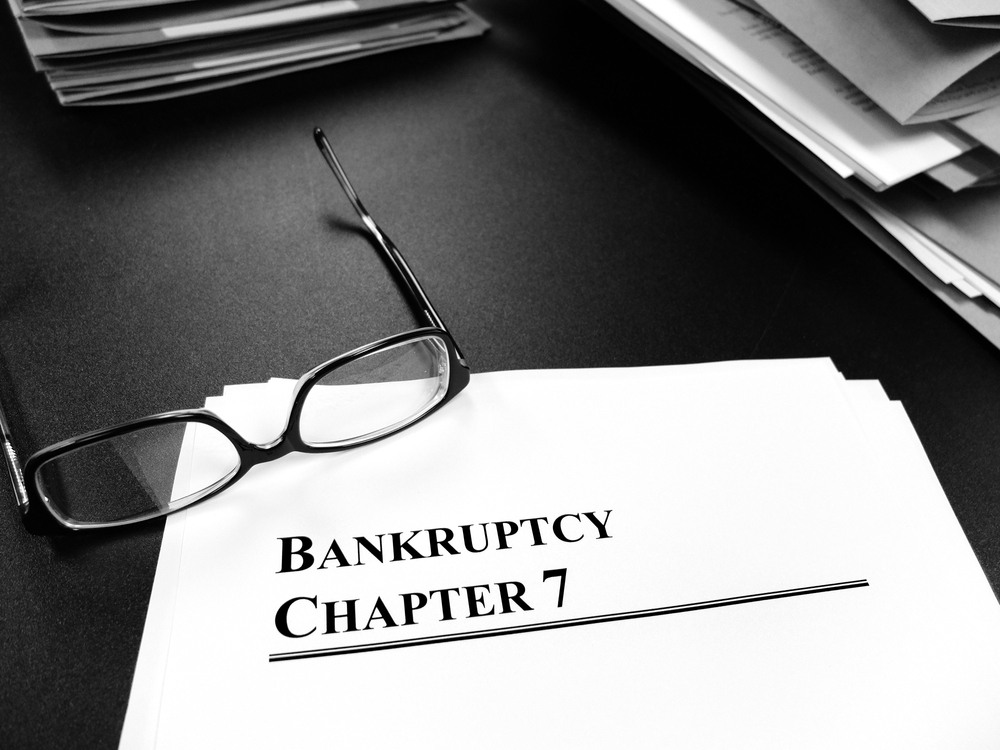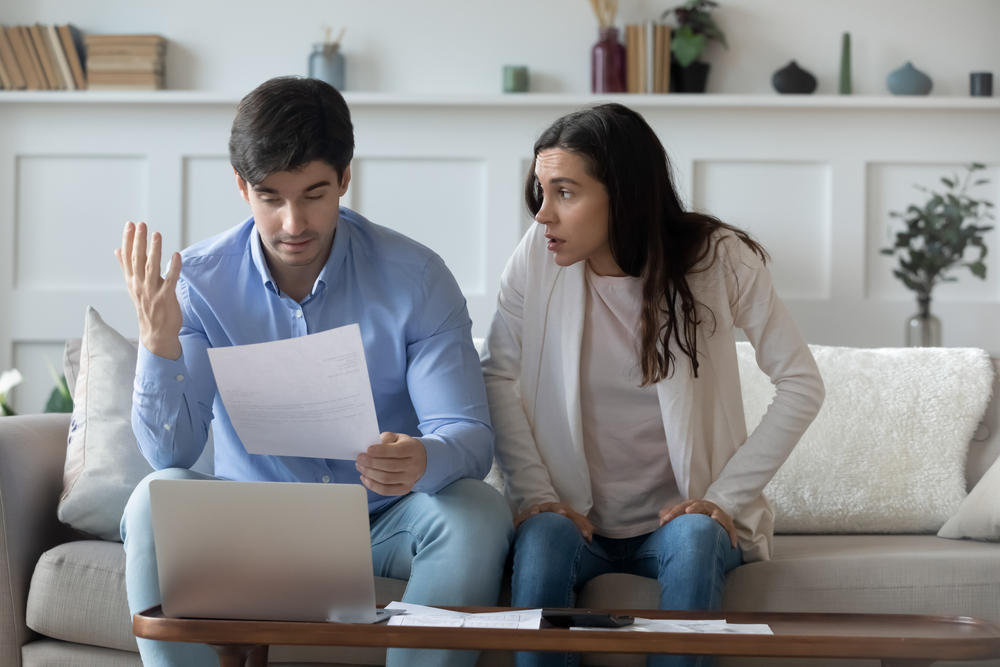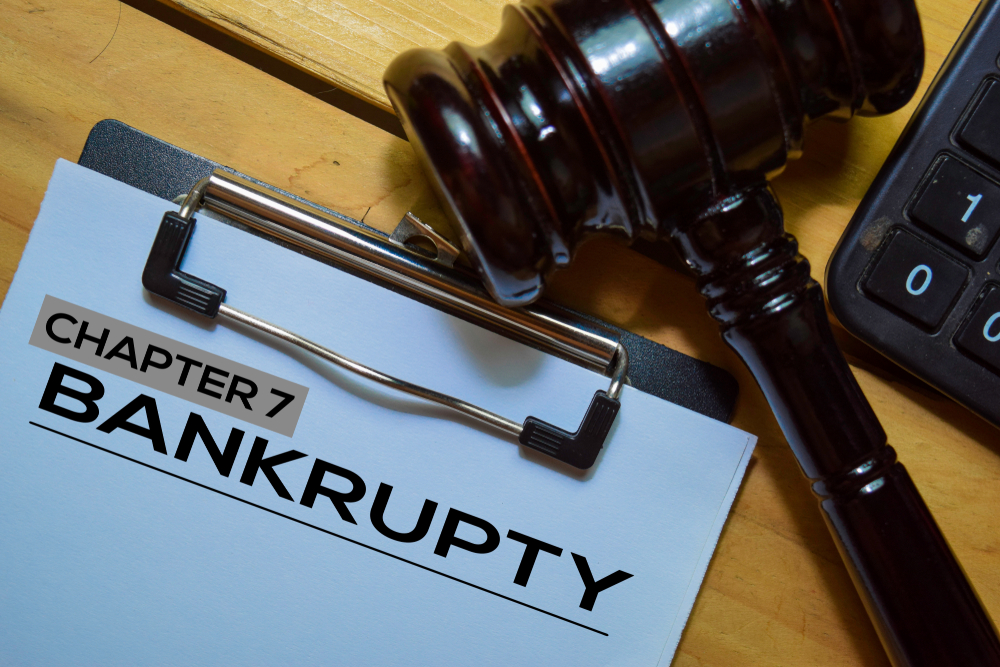When a person files for chapter 7 bankruptcy, they are asking the court to discharge, or completely wipe out, their debts without having to make any payments to their creditors. Usually, all their debts are discharged, except for certain types of debts (i.e. student loan debt, most tax debt, and debt owed as alimony or child support). In order to qualify for a chapter 7 bankruptcy discharge, the debtor must be unable to afford making payments to their creditors, as they would have to do in a chapter 13 repayment plan.

CAN I PROTECT MY HOME IN A CHAPTER 7 BANKRUPTCY?
When a person files for chapter 7 bankruptcy, they are asking the court to discharge, or completely...


